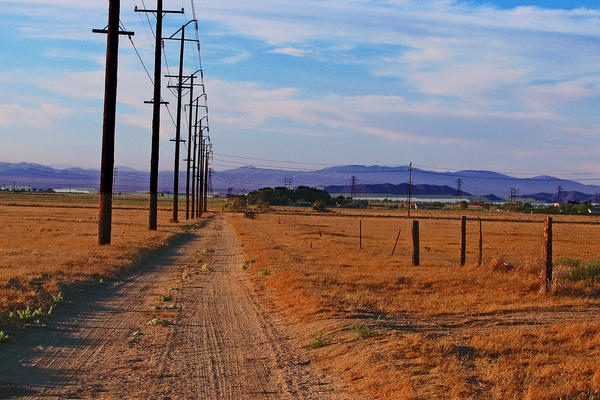Why be a Life-Writer?
By Prof Penelope Gardener-Chloros
I understand this a bit better now, having had the good fortune to be a Visiting Scholar in the Life-Writing Centre. In my previous life, I was a Professor of Linguistics. Late in my career, I migrated from Linguistics to History of Art, and set out to write a biography of a famous artist – hence my interest in the Centre.
By now I have explained to many people – in response to blank stares – that Life-Writing essentially means biography, but with a twist: somewhat broader, including such things as memoirs and diaries, and more innovatory forms such as writing about the life of objects. To those who, at first, may consider Life-Writing to be a rather niche activity, I like to point out that the New Testament is a prime example: a biography in four hands. But even this open-minded group were a little surprised to be joined by a new member who is writing about the life of a shopping trolley. Another, who calls herself the Downsizing Diva, is writing her life story through recipes. Another is writing the life of her baby, who, heartbreakingly, only lived for a few hours. Another is basing stories on old photographs of people, both known and unknown. I could go on…
I began attending the sessions, which were in person only, before lockdown; since then, continuing to include Zoom participants, who may be anywhere in the world, has further enriched the group. I have learned so much from the other members, not only about the subjects of their life-writing endeavours, but also about how to do it. The days of the classic birth-to-death narrative may not be over, but they are now complemented by many newer, varied approaches. We take it in turns to present samples of our writing, and both the comments of seasoned professional writers, and of other newbies such as myself – who could be my readers in the future – are valuable and often inspiring. For me, the challenge has been to shake off the turgid academic style which is appropriate for peer-reviewed articles, and to experiment with a different, more engaging approach. Add to this being part of what must be one of the friendliest and least stuffy Colleges in Oxford, and what more could one ask for?










